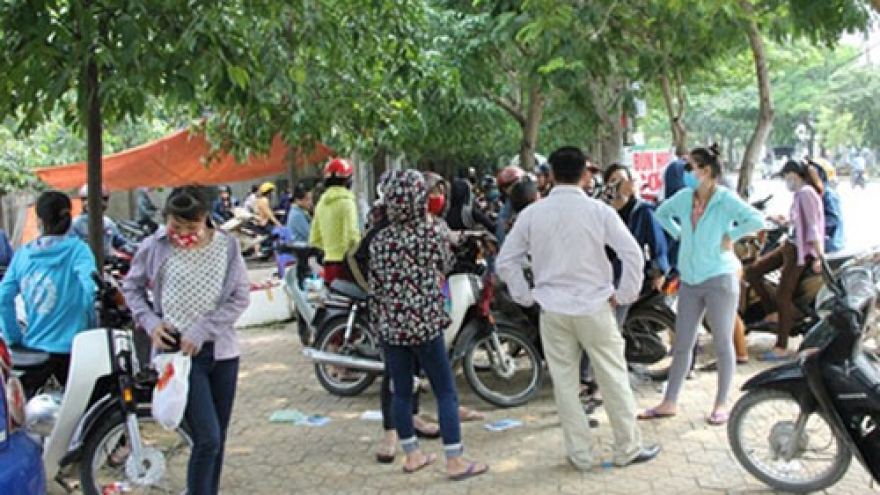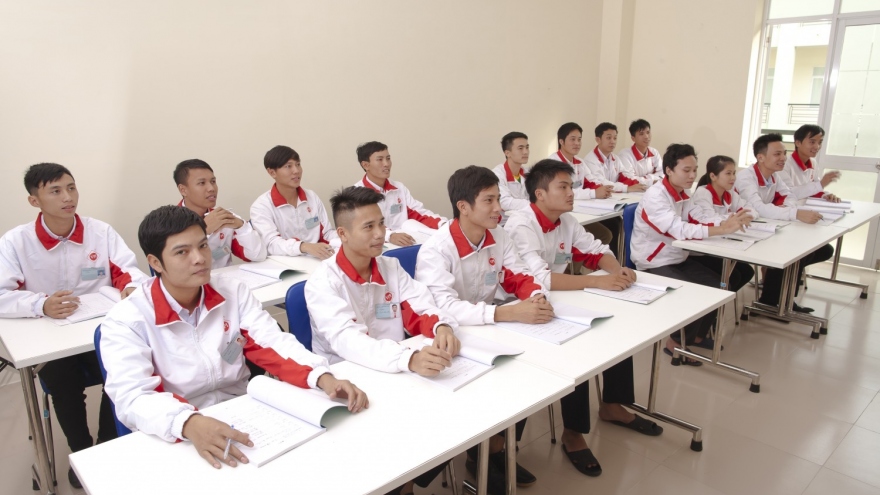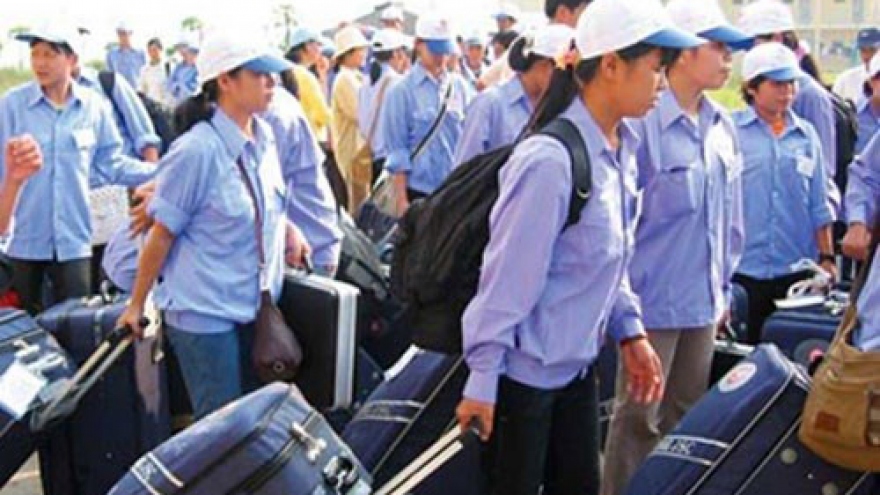Skills enhancement vital for Vietnam’s decent work in technology era
VOV.VN - A priority on improving skills of the workforce is important as Vietnam deals with the changing nature of work in the era of technology when many low-skilled workers will be at risk of automation.
 |
“Globalization and technology revolution is posing increasingly greater challenges for Vietnam’s economy,” said MoLISA Vice Minister Dao Hong Lan, explaining that the country’s labour force will grow from 55.5 million in 2016 to 62 million in 2025.
“In order to better the demand for jobs of workers, annually, the economy needs to create roughly 650 thousand jobs and the structural change of labour will be one of the feasible ways to increase labour productivity”, she added.
Two of the country’s major and growing production sectors – textile, clothing and footwear (TCF) and electronic and electrical products (E&E) – were at the heart of the debate.
A recent ILO study entitled “ASEAN in transformation – How technology is changing jobs and enterprises” shows that 86 per cent of Vietnam’ TCF workers could face a high risk of automation whereas about three quarters of wage workers in E&E sector could be replaced by robots in the coming decades.
These are the country’s key exports, accounting for around 40 per cent of the total manufacturing jobs. However, TCF manufacturing is predominantly characterized by labour intensive and low-skilled production. Productivity gap in this sector is alarmingly low – only 20 per cent of the level in Thailand and nearly the same as in Cambodia.
Meanwhile, unlike its name, E&E manufacturing in Vietnam targets low-value production and low-skilled assembly work.
Technology will create significant opportunities for closing the productivity gap, improving competitiveness and bettering working conditions.
 |
“But the question is not “if” but “when”,” said ILO Deputy Director for Asia and the Pacific, David Lamotte. “It will certainly shift in the coming years as technology costs decline while labour costs increase”.
The ILO suggested Vietnam enhance relevant skills of the workforce through close collaboration between policymakers, employers and training institutions to modernize the skills development system to fit the changing workplace dynamics and new technology innovations.
Encouraging the young generations to follow academic pursuits in science, technology, engineering and mathematics should be a priority as these scientific disciplines are commonly sought after by employers in manufacturing.
“This is important, particularly among girls and young women who are more susceptible to job loss than men when automation becomes more popular in manufacturing industries”, said Lamotte.



